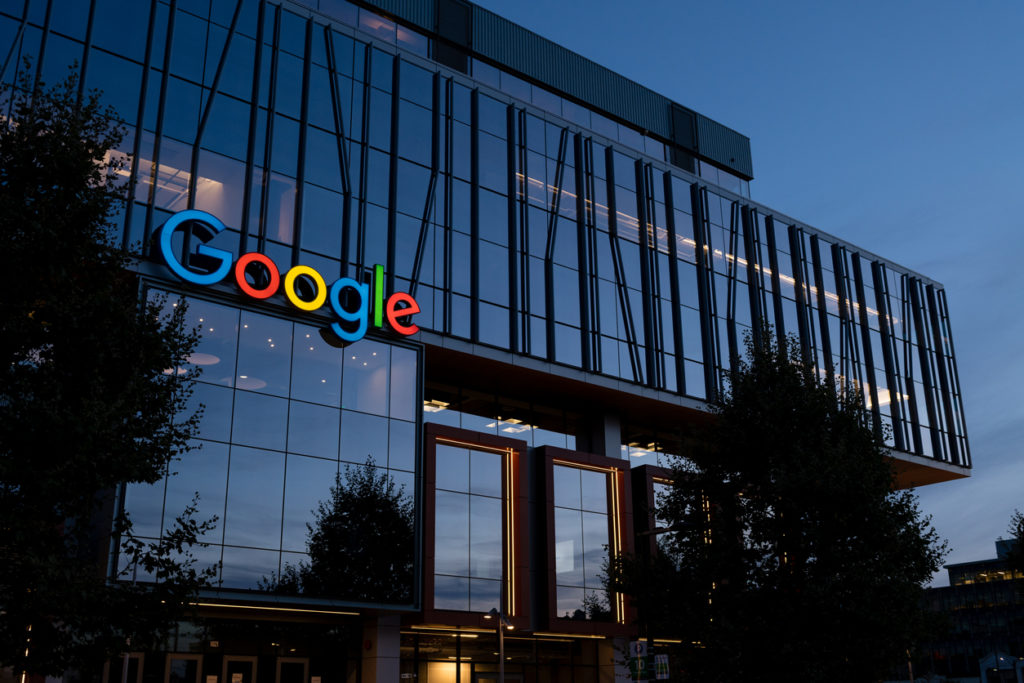Lettie Conrad: Turning a retrospective eye on the last dozen years’ fear and loathing about the “Google Generation,” I am impressed by early calls for the digital transformation of academic publishing and predictions about how technological disruptions would usher in lasting changes to users’ experiences of all ages and areas of study. When we revisit these posts, such as this 2009 commentary from Ann Michael following sessions on the topic at SSP’s Annual Meeting that year, we can see the ground on which publishers and our partners have been building more service-oriented programs and data-driven digital products.
Evidence of changing researcher practices and scholarly communications, from studies like those from the CIBER research team, are now being integrated into user-driven publishing strategies. And, looking back, we can see that many of these changes are not specific to the younger set, but in fact, Google (and other disruptors) have wrought lasting changes on the information experiences of all of us. For those at the forefront of such product development and cultural change, progress can sometimes feel slow and painful. It can help to look back and remember how far we’ve come.

Publishing for the Google Generation
Immediately following Adam Bly’s keynote, Joy Moore, also from Seed Media Group [Editor’s note — sold off to National Geographic in 2011], moderated the panel, “Publishing for the Google Generation.” The speakers included Vikram Savkar (Nature) [Editor’s note — now with Wolters Kluwer], Rich Pirozzi (Wiley Higher Education) [Editor’s note: now Wiley Plus], and Ryan Jones (Pubget) [Editor’s note — PubGet was acquired by the Copyright Clearance Center in 2012]. While all of the speakers were excellent, I’m going to focus on Vikram Savkar.
Vikram acknowledged that to some degree we’re all the Google generation. Our habits and expectations concerning information have changed and continue to change as a result of Google, YouTube, Twitter, and other applications that teach us to interact with information differently than we have in the past.
However, he specifically defined the Google Generation as people under 25 who have grown up shaped by search, crowd-sourced content (like Wikipedia), and free information. His premise was that these people have a radically different way of viewing information.
The Google generation expects:
- Parallel versus structured access to information (information should be one step away and not require structured navigation)
- Punchy rather than sustained information (if content doesn’t grab them in seconds, they move on)
- Convenience (with crowd-sourced content, like Wikipedia, information about anything is available at some depth)
- Information to be free (they see open access as their birth right)
In my opinion, regardless of “generation,” these attributes are already virtually universal customer expectations — or they are quickly becoming universal expectations.
While this might seem like splitting a hair, it isn’t. If there is a generation “coming” that does not represent the current client population today, we would be wise to meter the release of products and features that cater to them. That would allow us to preserve revenue as this transition in our client base takes place.
Conversely, if this change in our customer base has already occurred, and we don’t have the products or services that meet or exceed these expectations, we’d better move a lot faster.
I’m sure that there are cognitive differences in those that have grown up as part of the Google generation. However, I have yet to hear one attribute ascribed to them that doesn’t seem to be something taking root in the overall population.
Have you?
Discussion
1 Thought on "Revisiting — The Google Generation Is Alright"
I’ve been working with medical information, particularly medical information provided to the general public, as a medical librarian and then as a medical informatics researcher, since 1992 – pre-Google. One of my regular podcasts, like many if not all podcasts, runs commercials. This morning on my bike run one particular commercial caught my ear. It was an ad for CBD oil and the podcast host (a journalist) said cheerfully: “If you’re not sure about CBD, run over to PubMed and check it out!”
The patient advocate part of me was pleased to hear this. The medical librarian in me is wondering how long it will take listeners to wade through the 8,754 results. (As of 1:47 PM CDT today). Knocking that long list back to something useful and usable will take a little time, even with the incredible advances in free and full-text availability I’ve seen in my career. It will also take more than one click.

